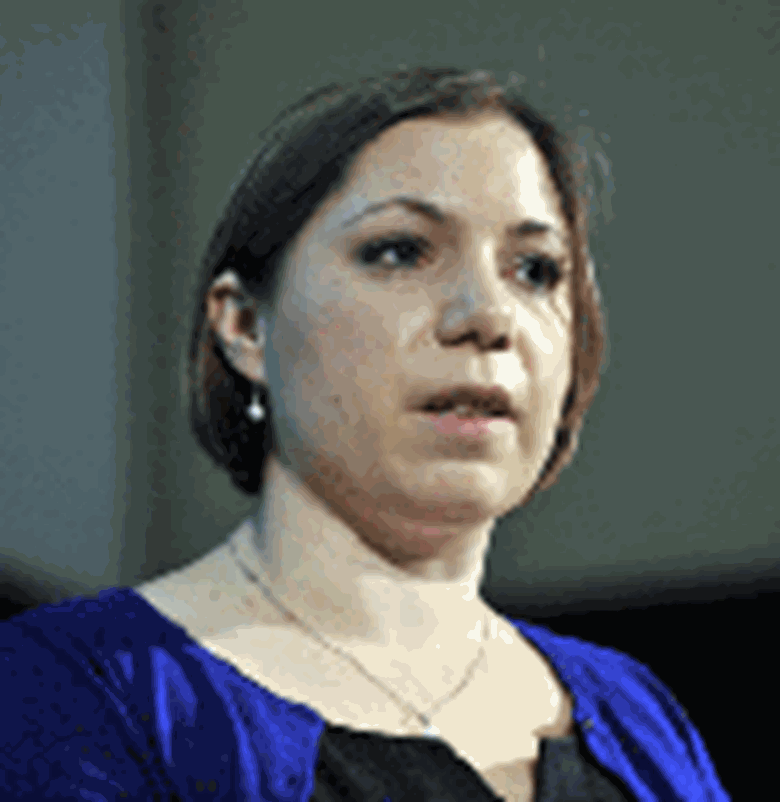Exclusive: The Minister's View - It's common sense
Children's Minister: Sarah Teather
Friday, April 27, 2012
I would hazard a guess that most early years professionals did not choose their career because they love ticking boxes and filling in forms.

They did so because they want to spend time with young people and make a positive difference to their lives.
If early education becomes engulfed in endless bureaucracy, it has failed - the committed professionals that we are lucky enough to have in this sector know that better than anyone. The needs of children must come first. Staff time should be spent on play, not on paperwork.
This was certainly the view of Dame Clare Tickell, who conducted an independent review of the EYFS last year. She found that the overall impact of the curriculum had been positive: that it had contributed to raising standards, and that it enjoyed much support from both parents and staff. However, she also acknowledged that many staff found it cumbersome and difficult to use. Dame Clare's findings have allowed us to build on the strengths of the old EYFS, while making it simpler, clearer and less repetitive.
I believe that with the launch of the new EYFS last month, we have taken an important step towards a better system. The new framework focuses on three Prime areas that are most essential for children's healthy development: Communication and Language, Physical Development, and Personal, Social and Emotional Development. It also dramatically reduces the number of targets children are expected to have reached by the age of five, from 69 to 17.
The new framework has a straightforward, commonsense appeal. It also demonstrates this Government's commitment to cutting back on needless bureaucracy, liberating childcare professionals to do what they do best.
CONSISTENT QUALITY
There are those who believe that we should have gone further, and ditched the idea of an early years curriculum altogether. For some, any attempt to measure or standardise children's learning in the early years is too prescriptive. I believe, however, that this criticism is based on a misunderstanding of the EYFS.
Yes, we want to prepare children for starting school. But this does not mean we are going to force them into formal education aged just two years old. Being prepared for school is not simply about knowing letters and numbers. It is about making sure that children are ready to make friends, to play, to ask for what they need and say what they think.
In other words, early years education needs to build on the natural curiosity of children, and to encourage them to learn through playing and exploring the world around them. The new EYFS will ensure that this is happening across the sector and assure parents of consistent quality, whichever provider they choose.
Practitioners will receive additional information, so they feel confident to deliver the new EYFS. And a summary of the EYFS will be available for parents, so they know what their child will be learning and what they should expect from their child's early years setting.
THE EARLIER THE BETTER
There is another important reason why we have a responsibility to monitor children's development at an early stage. Overwhelmingly, the evidence shows that where a child does have problems or difficulties, early intervention is most effective.
It is not fair on children who need extra help and support if we turn a blind eye until they are school-aged. By this time, major inequalities have already set in, blighting lives and entrenching social divisions. Fewer than half (44 per cent) of all children who live in the most deprived areas achieve a good level of development at age five compared with nearly 70 per cent of those living in the least deprived areas.
If we wish to give every child a good start in life, we must ensure they get the support they need before they are five. This is why the new framework introduces a progress check at the age of two. Early intervention is key to the Government's aim of improving social mobility and giving every child the opportunity to fulfil his or her full potential.
It is not only the reforms to the EYFS that make this such an exciting time for early years education. The Government is also introducing a more flexible entitlement to free early years provision, and a new, streamlined inspection regime. In June, Professor Cathy Nutbrown will publish her final report into how we can best strengthen and support the early years workforce. Together, these measures will reduce the burdens on early years practitioners. They will help you to provide every child in your care with the care and attention they need to flourish.




